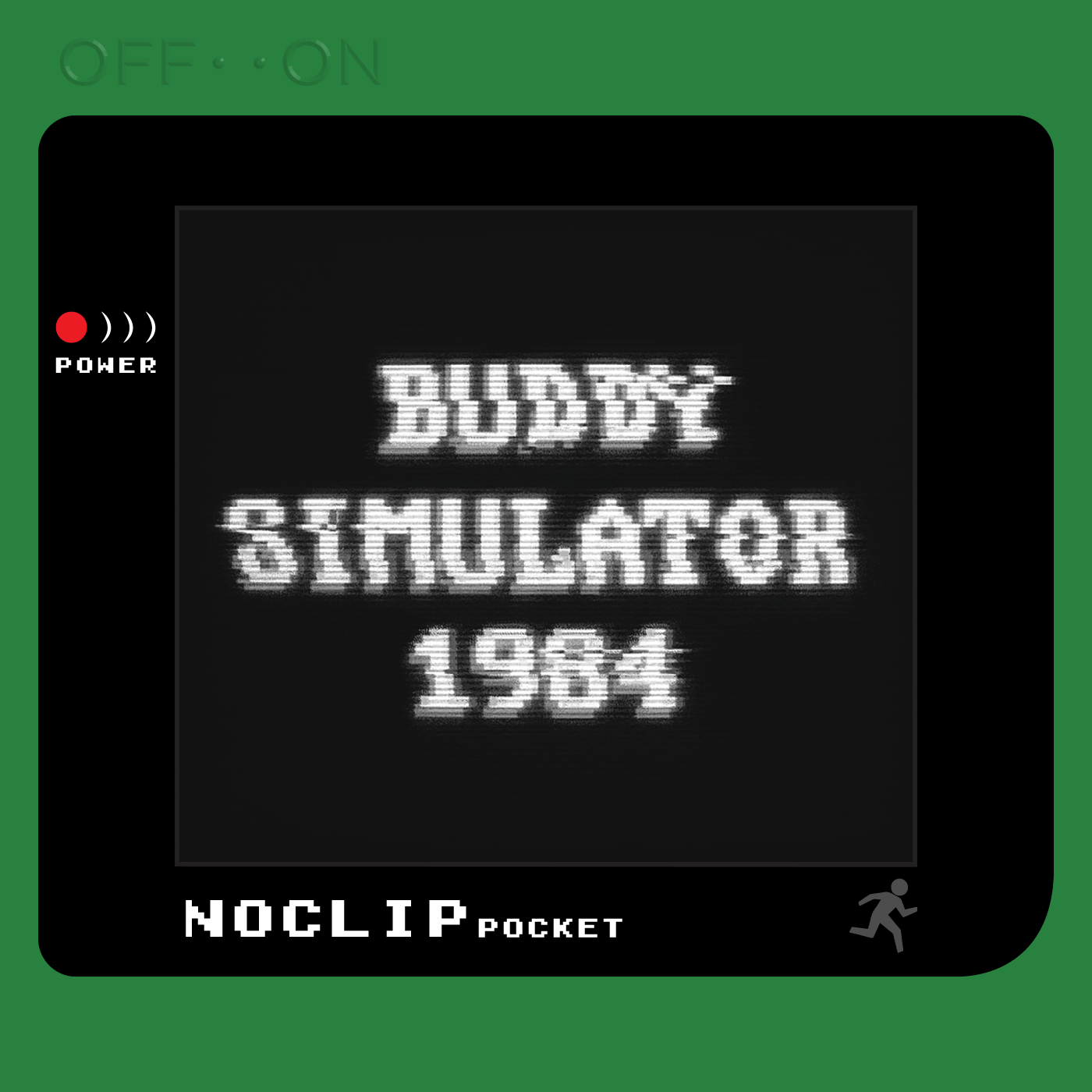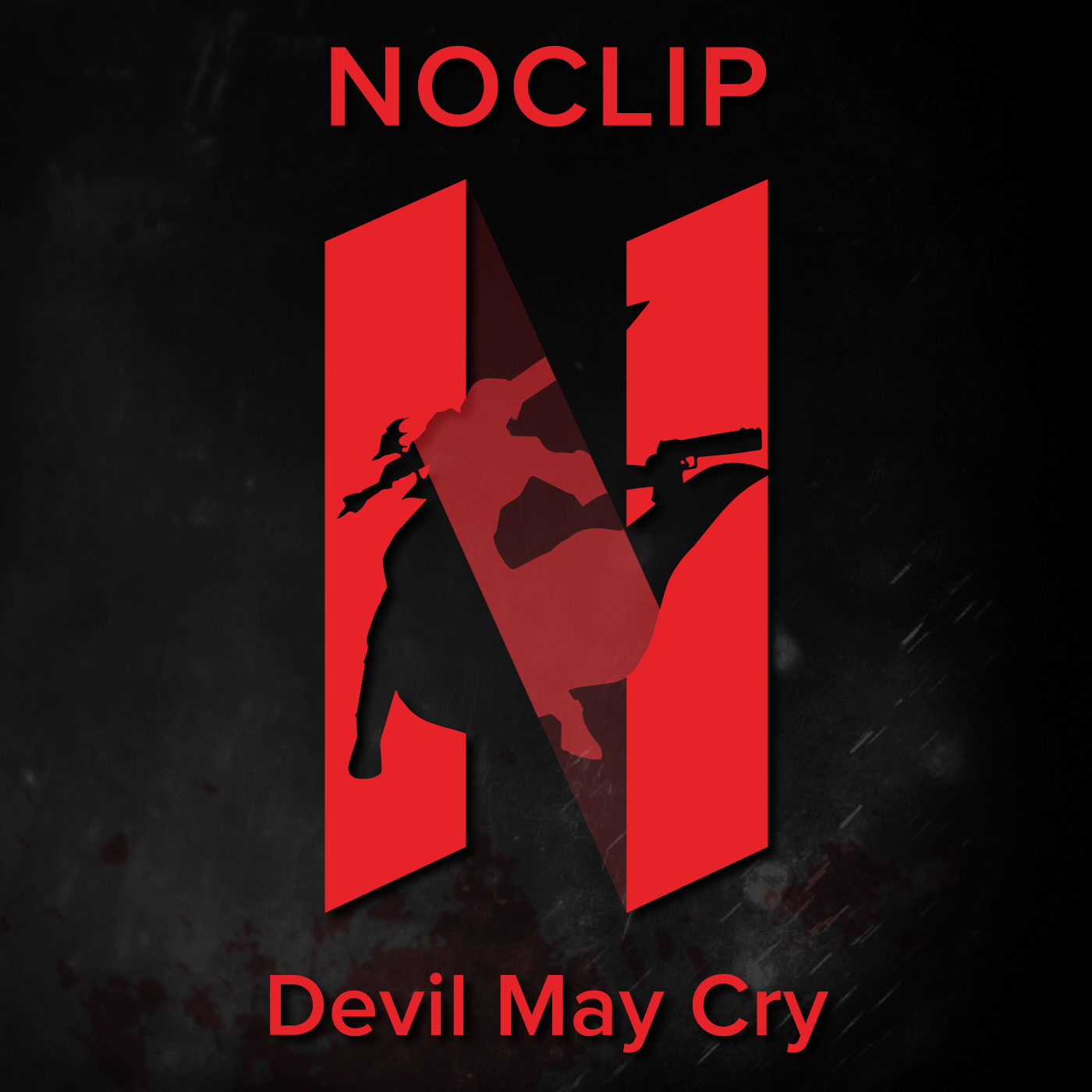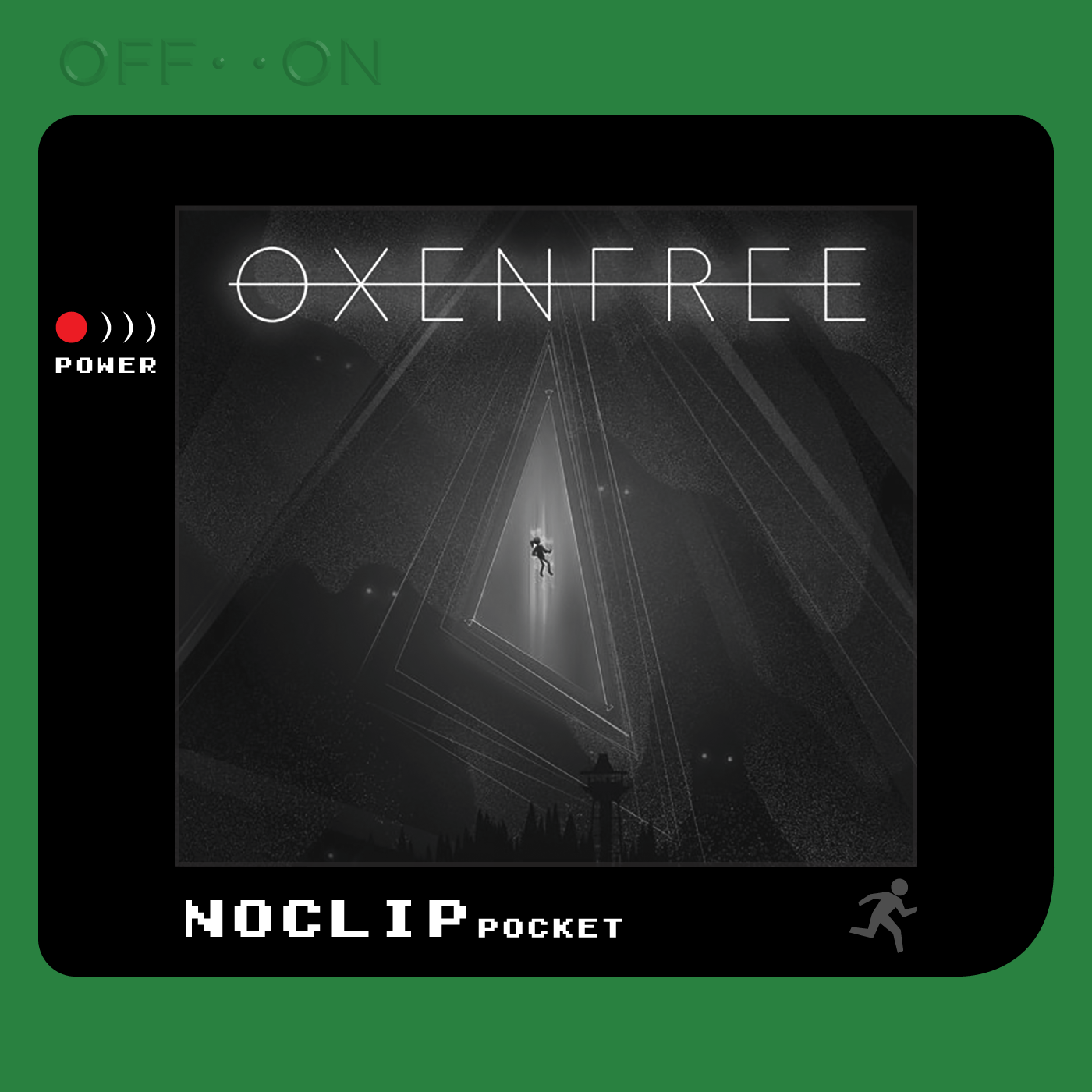What’s your favorite podcast?
Welcome to Halloween! To kick off the spooky season, we’re talking about Buddy Simulator 1984, which is a kind of a weird melding between a number of different genres, most of which I won’t want to give away if you haven’t yet played the game. While Buddy Simulator definitely has the look and feel of a horror game, especially in its advertising, that mix of genres is equaled by a mix of tones and the game can be as funny as it is unsettling at times. To avoid giving too much away, this is an experimental indie game with a retro art style, old school musical sensibility, self aware sense of humor (and general themes of self awareness) and a quirky way of blending these things together, and that’s either something you probably know if you’re into or not. We’re going to be talking about games that can be both narratively and mechanically different for different players or playthroughs, comparisons to other games and what this says about this game’s design and what it does to stand out, and how the game handles you asking to bring a sea predator around with you at all times.
Thank you for joining us this week! We’re just getting started both as far as our October horror games go and, in fact, episodes we’re releasing today, so be sure to stick around and subscribe for the incoming deluge of episodes. Did you play Buddy Simulator? How do you feel about the infinite comparisons it gets to that certain other black and white indie game? Is it warranted, or does this do enough of its own thing to stand on its own? Let us know in the comments or over on Discord! Our next episode of Pocket for this month is going to be exploring Sally Face, a hand drawn point and click adventure game with a sort of early 2000’s indie comic aesthetic sense. It’s a bit of an odd one, so we hope you’ll check out the episode!





















